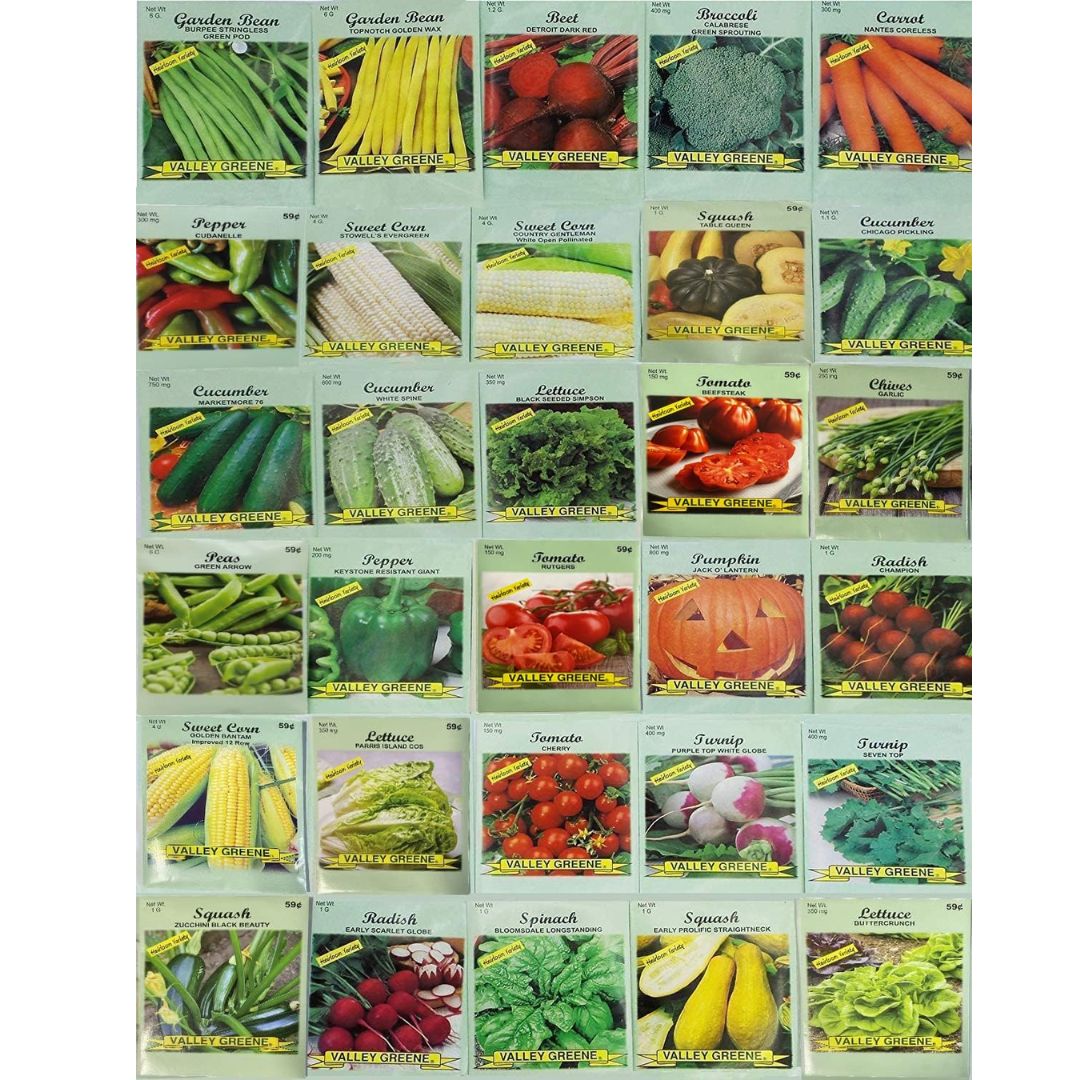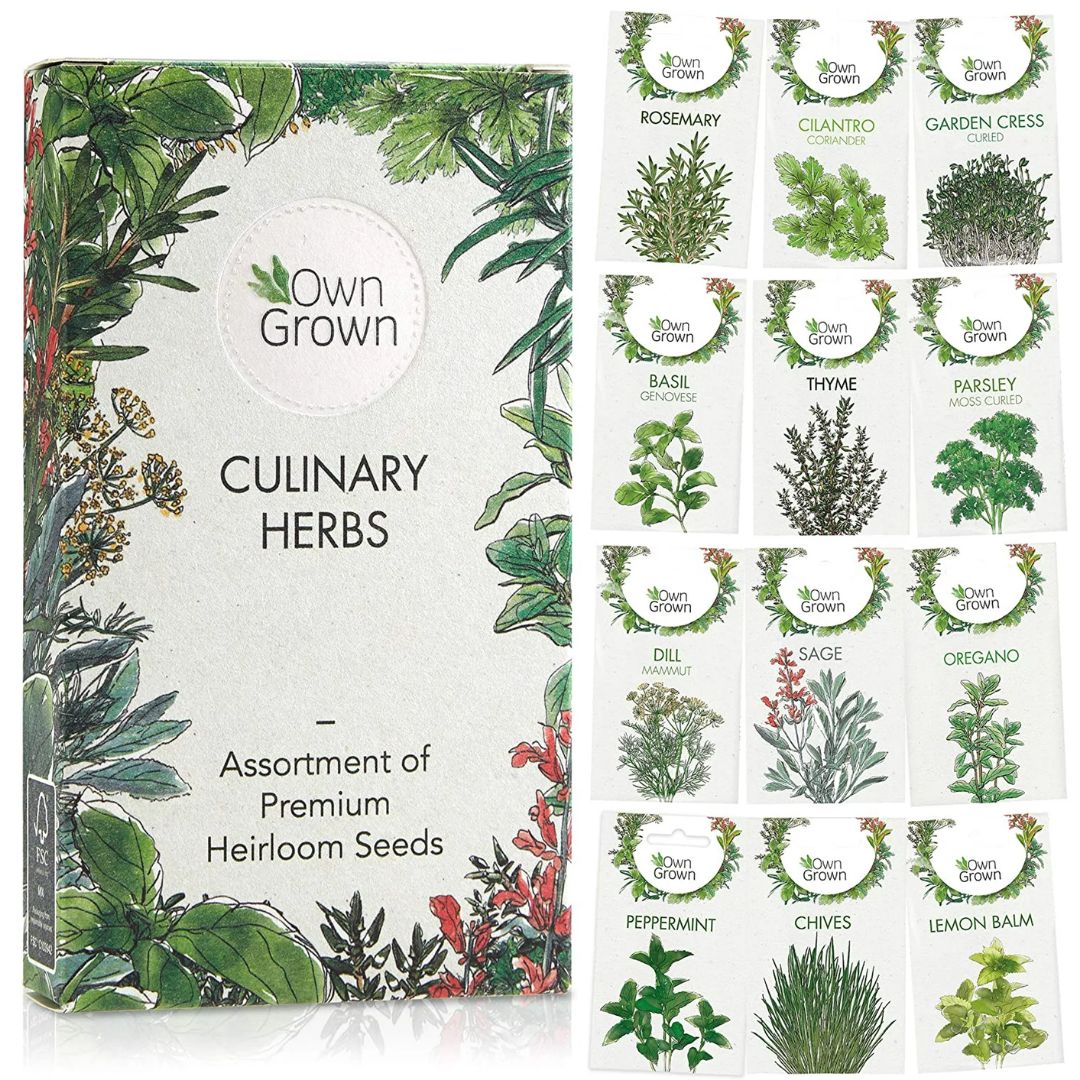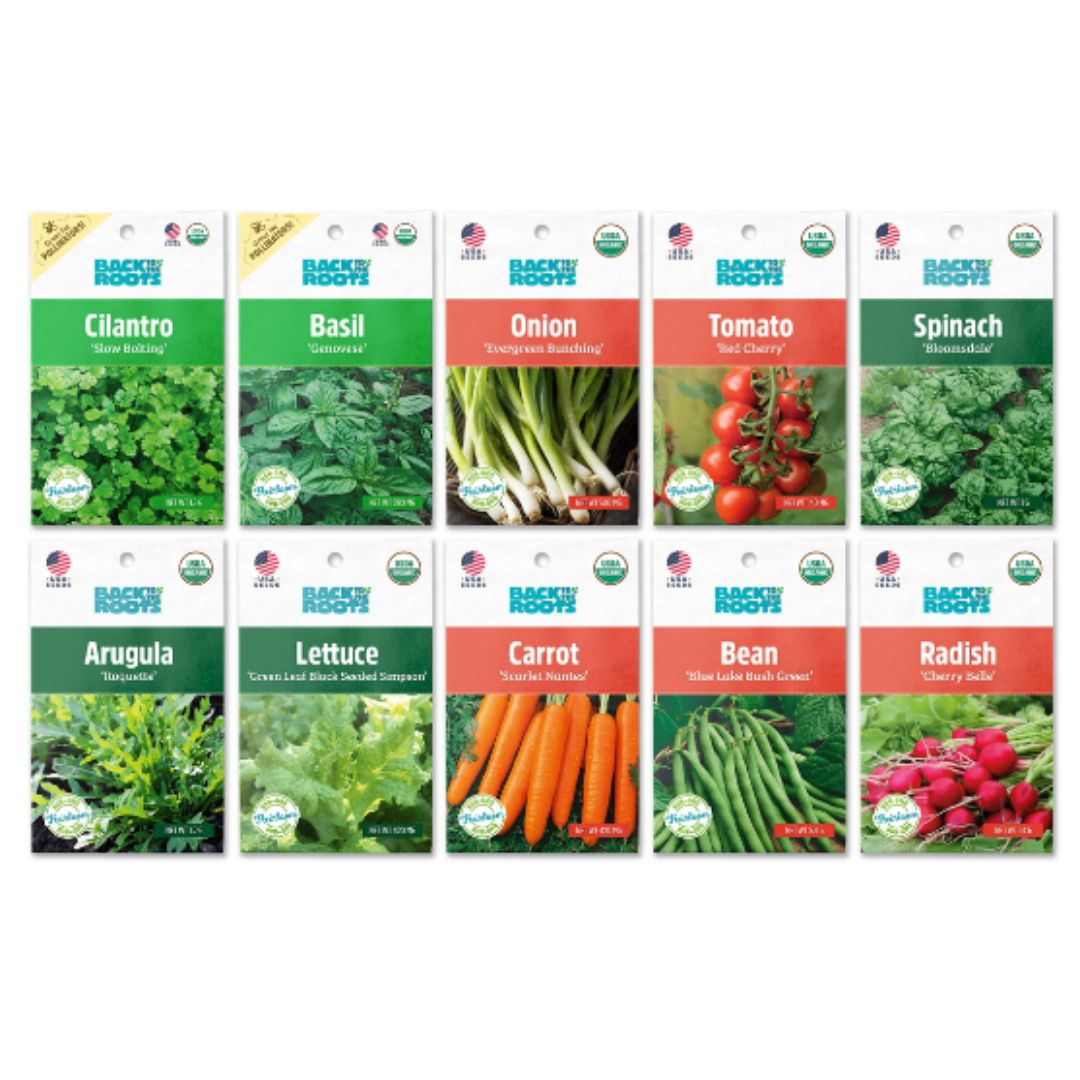Seed Viability Tests — 4 Clever Ways Experts Use to See if Garden Seeds are Still Good to Plant
Did you know that seeds have a shelf life? We asked experts how to use seed viability tests to see if they're still good to plant, to avoid disappointment come spring time

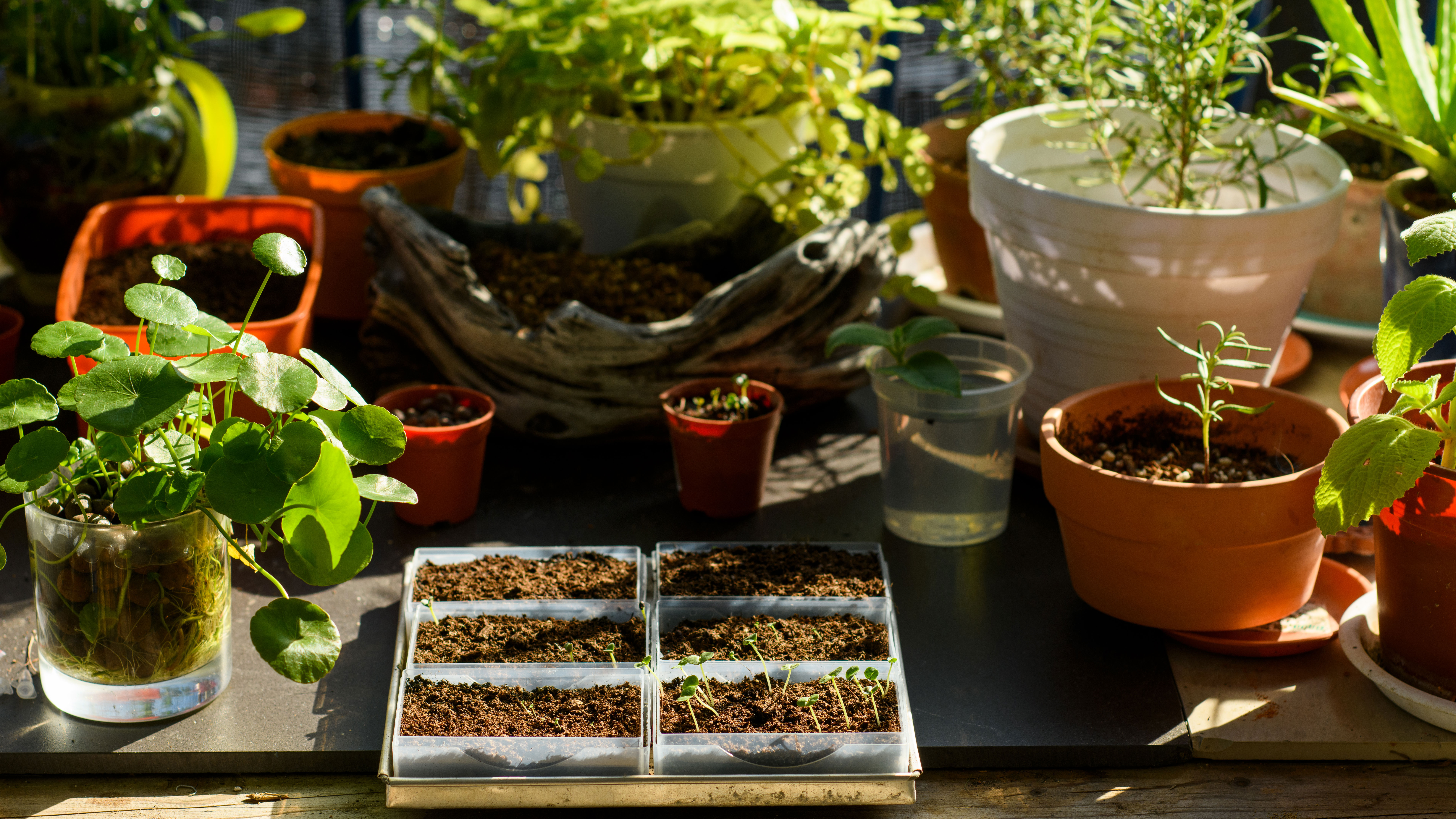
The Livingetc newsletters are your inside source for what’s shaping interiors now - and what’s next. Discover trend forecasts, smart style ideas, and curated shopping inspiration that brings design to life. Subscribe today and stay ahead of the curve.
You are now subscribed
Your newsletter sign-up was successful
While seeds don't have expiration dates as such, they do have a shelf-life after which you might find that they're no longer viable to produce new plants for your garden. But how do you know if those seeds you've found at the back of your shed are still going to sprout come springtime?
To take the guesswork out of the equation, you can do a few, simple viability tests to figure out if they're worth sowing at all — and how much from the packet you can sow.
Take a look at these 4 effective and foolproof ways to check if your seeds are any good, ensuring you have a lush, healthy modern garden in a few months' time.
1. Paper Towel Test
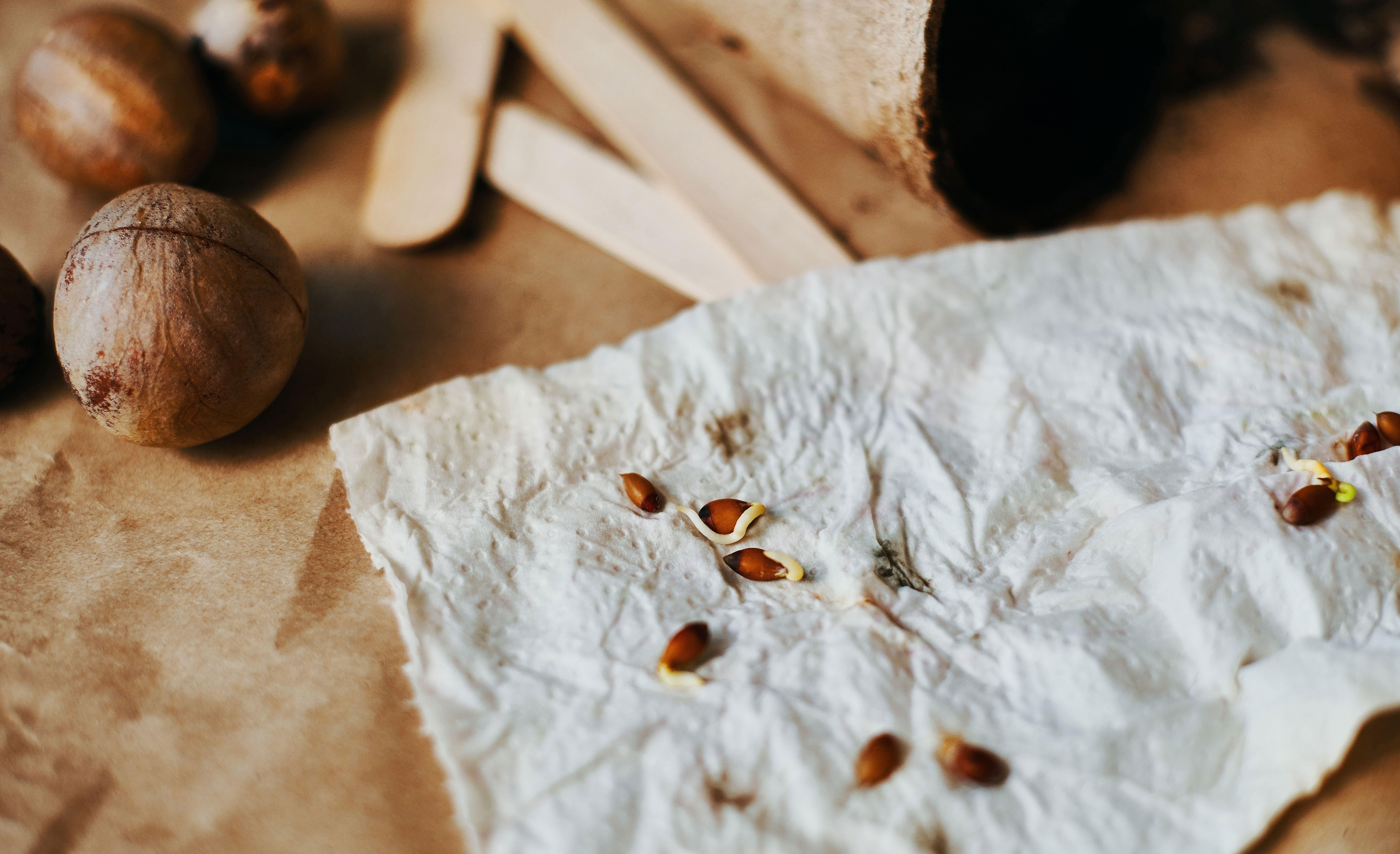
Wondering how to save seeds for next year's garden and reuse them to improve your vegetable crops? The intention is right. The only little thing you will have to check is the seed viability. Otherwise, all your hard work could go down the drain.
'Moisten a paper towel, place a few seeds on it, and fold the towel over,' says Reese L Robins, a gardening expert at Just Pure Gardening. 'Keep it in a warm place for a few days. If the seeds sprout, they are viable. This method allows you to assess germination rates before committing the seeds to the soil.'
2. Water test
To develop an easy-to-maintain, healthy modern garden, it's important to check the quality of the seeds you purchase. It's a good idea to buy from a well-known retailer. .
Once you have all the products you need, put the seeds through a water test to check if they're worth planting. 'The fastest way to test seed viability is to place them in a glass of water, wait 15 minutes, and see which ones sink or float,' says Kat Aul Cervoni, landscape designer and founder of Staghorn NYC and The Cultivation by Kat. 'Those that sink are viable, and any that float likely aren’t.'
The Livingetc newsletters are your inside source for what’s shaping interiors now - and what’s next. Discover trend forecasts, smart style ideas, and curated shopping inspiration that brings design to life. Subscribe today and stay ahead of the curve.
3. Seed Coat Inspection
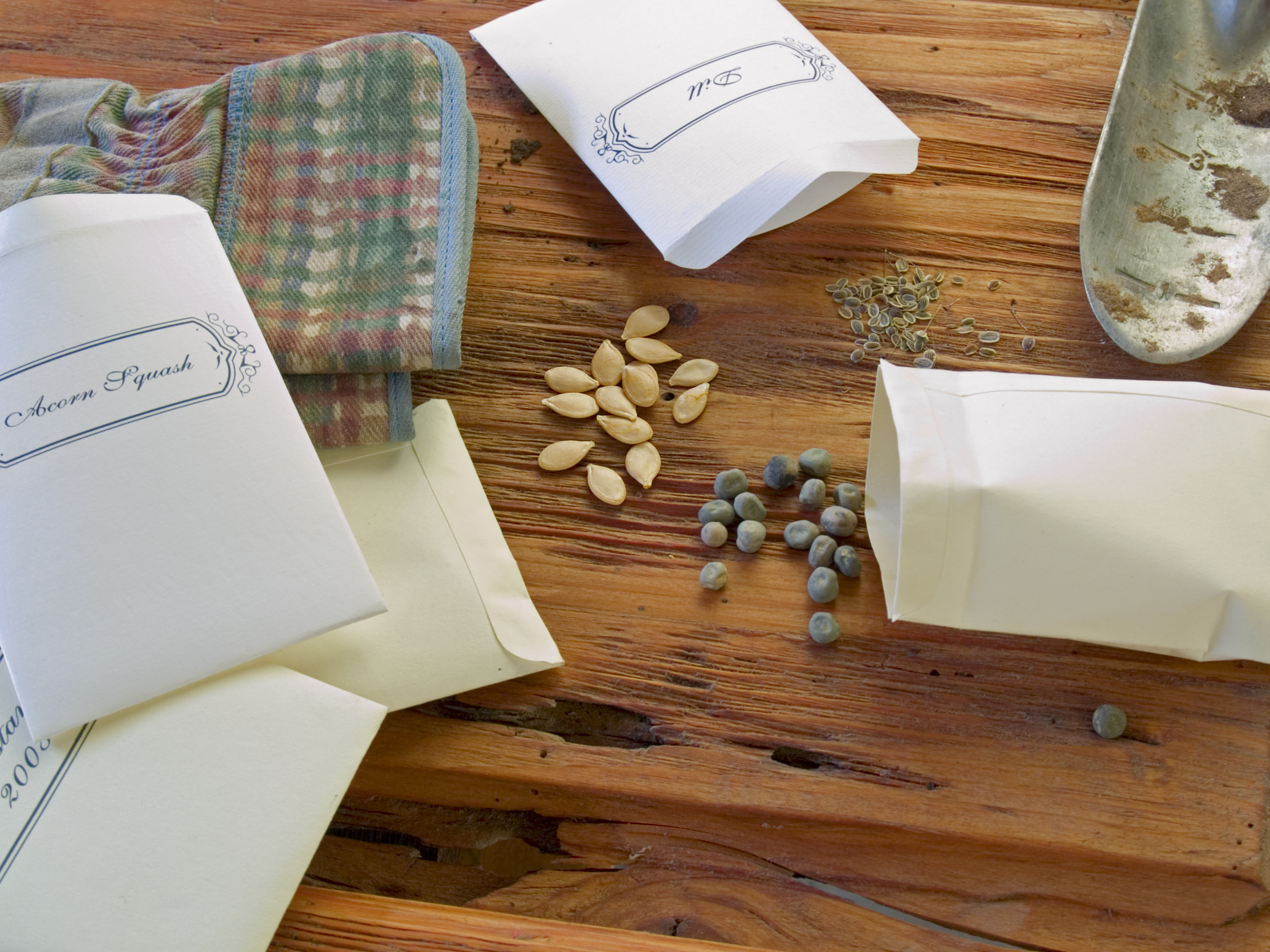
Another tip on how to plant a modern garden is to do a thorough seed inspection.
'Carefully examine the outer seed coat for visual clues on viability,' says Reese. 'Healthy seeds usually have a smooth and intact outer layer. If the seed coat appears wrinkled, cracked, or damaged, it may indicate poor viability. A thorough inspection of the seed's physical condition can help you make informed decisions about which seeds are most likely to thrive in your garden.'
4. Wind Test
'To separate empty seeds, perform the wind test by pouring your seeds into a bowl and lightly blowing over them,' says Reese. 'The lighter, empty seeds are more likely to be carried away by the gentle breeze. This method helps you identify and discard seeds that lack the necessary internal structures for germination. While this test specifically targets empty seeds, it's a quick and practical way to ensure that the seeds you plant are more likely to yield a successful harvest for a healthy lawn or flower bed.'
3 viable seed packets to buy
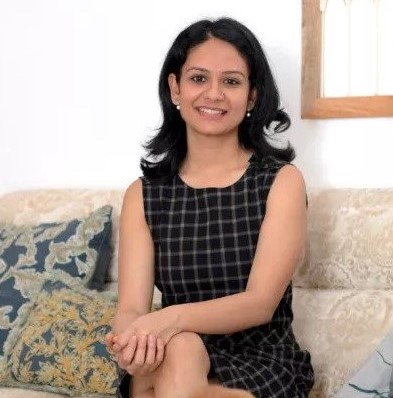
Aditi Sharma Maheshwari started her career at The Address (The Times of India), a tabloid on interiors and art. She wrote profiles of Indian artists, designers, and architects, and covered inspiring houses and commercial properties. After four years, she moved to ELLE DECOR as a senior features writer, where she contributed to the magazine and website, and also worked alongside the events team on India Design ID — the brand’s 10-day, annual design show. She wrote across topics: from designer interviews, and house tours, to new product launches, shopping pages, and reviews. After three years, she was hired as the senior editor at Houzz. The website content focused on practical advice on decorating the home and making design feel more approachable. She created fresh series on budget buys, design hacks, and DIYs, all backed with expert advice. Equipped with sizable knowledge of the industry and with a good network, she moved to Architectural Digest (Conde Nast) as the digital editor. The publication's focus was on high-end design, and her content highlighted A-listers, starchitects, and high-concept products, all customized for an audience that loves and invests in luxury. After a two-year stint, she moved to the UK and was hired at Livingetc as a design editor. She now freelances for a variety of interiors publications.
